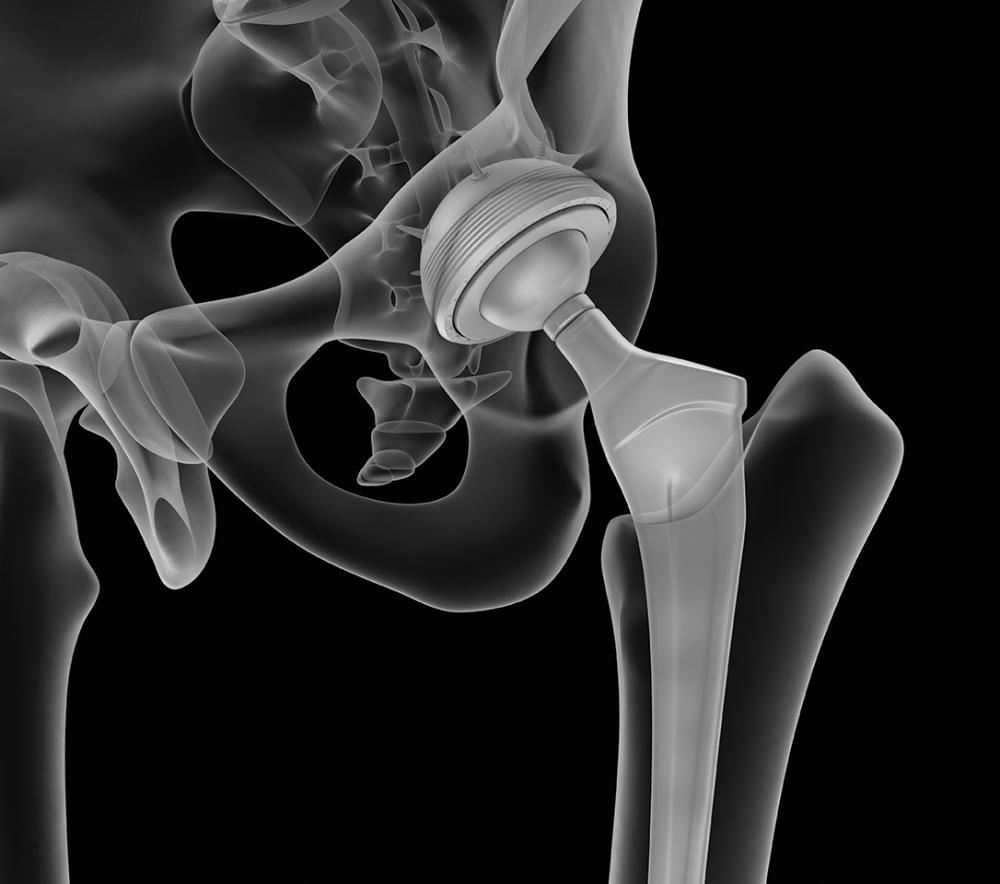
A large part of life in Canada is our ability and willingness to move across the land. It doesn’t take long for our sprawling cityscapes to give way to the vast open countryside.
Unfortunately, ability isn’t always a guarantee, as some people find regular activity difficult due to various traumas or degenerative disorders.
Thankfully, London Health Sciences Centre’s (LHSC) world-renowned hip and knee arthroplasty program has been offering advanced solutions in joint replacement to get people back up and doing the things they love faster, safer and more comfortable than before.
One major breakthrough in the last two decades has been the development of highly cross-linked polyethylene (XLPE) as a bearing for total hip replacement. Prior to this, the plastics and metals commonly used in joint replacement lasted only 10-15 years before patients would require revision surgery. While total joint replacement was highly successful in and of itself, it was often just a temporary solution. But at the turn of the millennium, everything changed.
“The introduction of XLPE has been the single biggest thing to come along in my career,” says Dr. Richard McCalden, professor of surgery at Western University, and fellowship director of the Adult Reconstruction Unit at LHSC.
As one of the first groups of investigators to run randomized clinical trials with XLPE, Dr. McCalden and his colleagues found a zero per cent failure rate over 13 years in patients using this new joint technology. Considering the alternative, where thousands upon thousands of people required additional surgeries to remove old, disintegrating replacements, the clinical benefit of XLPE was made abundantly clear.
However, a curious spirit is never fully satisfied – the need to know more is as much a part of us as any bone, muscle or cell. And same as how research is the catalyst for innovation, donor funding plays a pivotal role in bringing new ideas to light by paving the way for the next generation of thinkers. And indeed, the future is already upon us.
The orthopaedic team at LHSC is a multigenerational collaboration of minds keen on continuing the tradition of improving care through emerging technologies. Dr. McCalden recognizes the importance of adopting these new advancements but he wants to do so safely.
“Robotics are the future of orthopaedics,” he says. “For the next year or two, we’re going to examine the role they play in the operating room. We want to study them a little more objectively to fully understand their benefits and make sure there’s no risk to our patients.”
The team is also looking into incorporating virtual reality systems to provide students the opportunity to practice certain procedures in a risk-free environment. With a thorough and measured approach, LHSC’s orthopaedic department is ensuring everyone visiting their operating room receives the best possible care with the best possible outcome.
By supporting vital programs such as orthopaedics, donors are helping people celebrate the spaces in between, connecting us all. From pathways to skate parks, sidewalks to supermarkets, Dr. McCalden and the other hip and knee replacement surgeons at LHSC understand that while daily living isn’t something to take for granted, neither should it be something any of us should have to sacrifice.
Visit LHSF’s YouTube channel today to get a virtual tour of orthopaedics and other amazing programs at LHSC.
